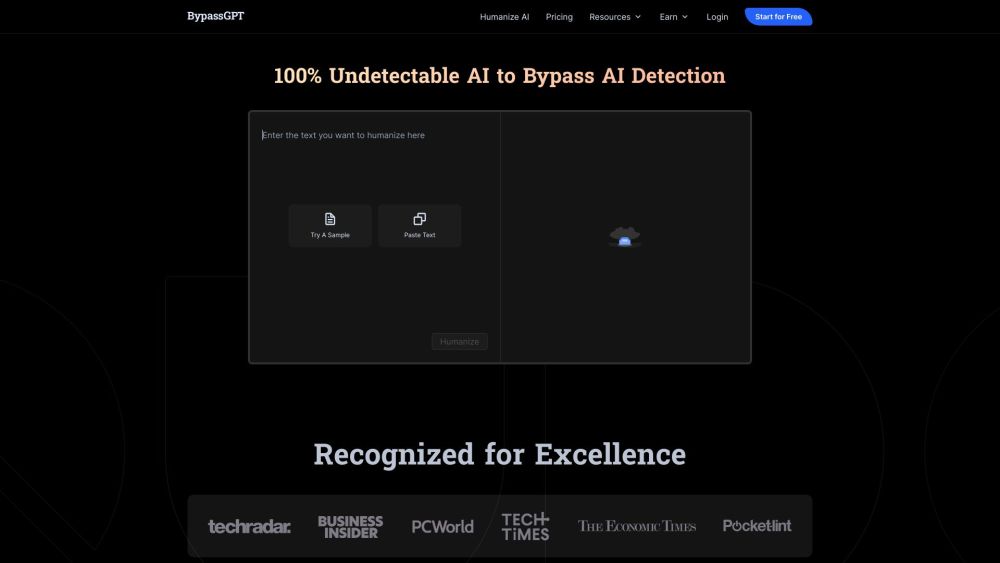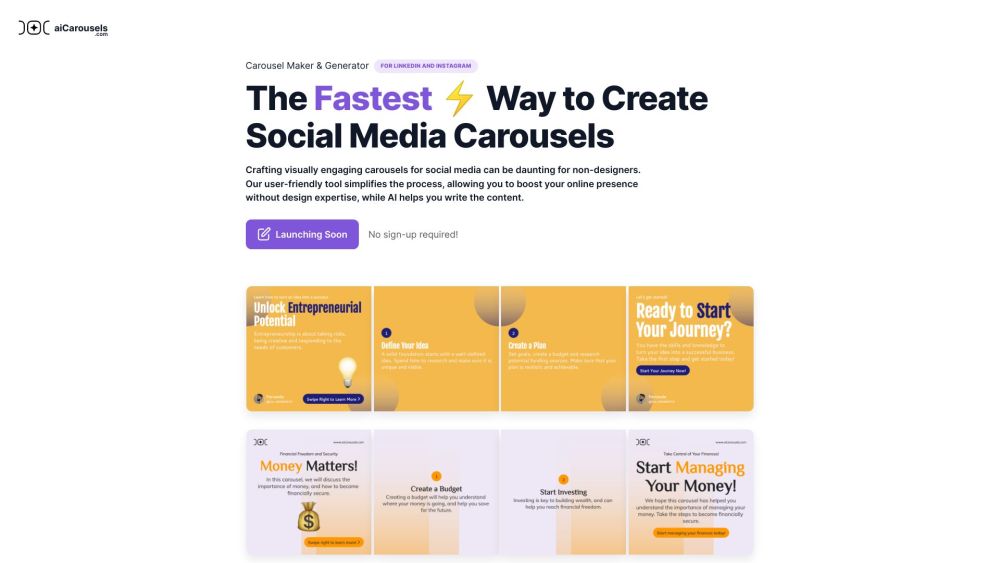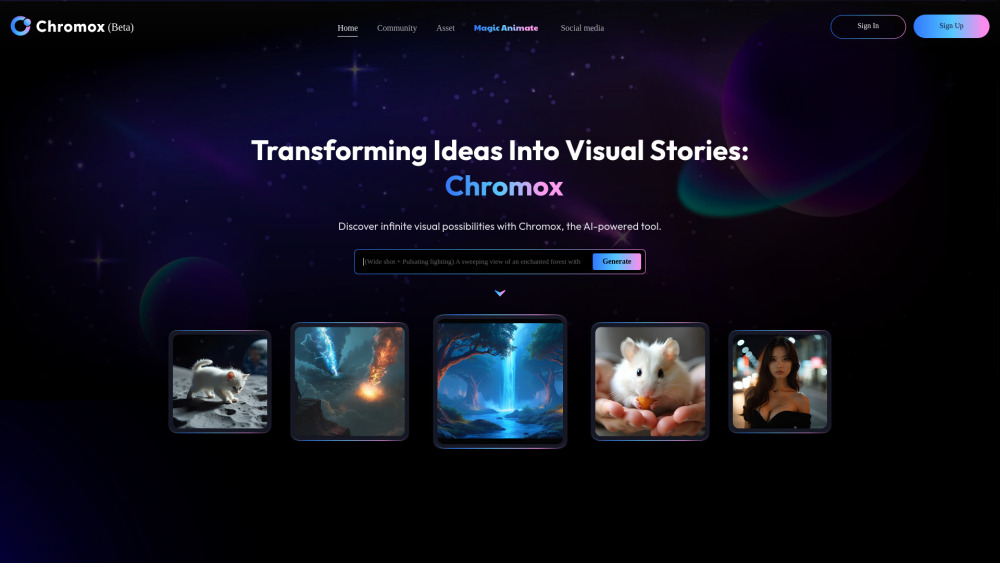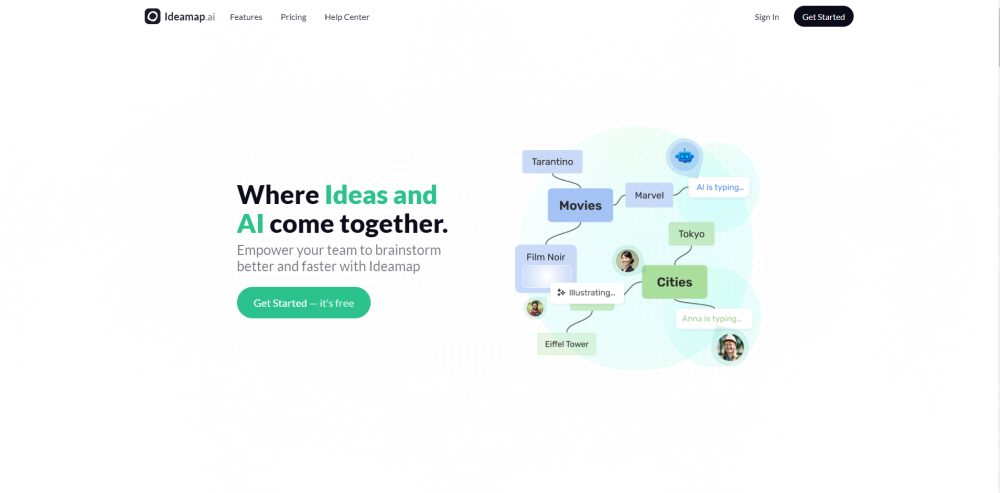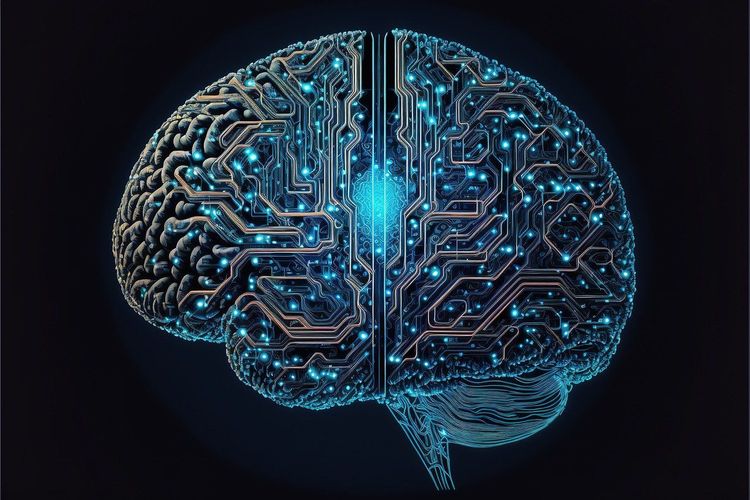A coalition of major record labels, including Universal Music Group (UMG), Sony Music Entertainment, and Warner Records, is suing generative AI music companies Suno and Udio for alleged mass copyright infringement. These companies use text prompts to create original songs and have gained popularity, with Suno integrated into Microsoft Copilot and Udio gaining attention for its viral track, “BBL Drizzy.”
The lawsuit against Suno is filed in Boston federal court, while Udio's suit is in New York. The labels claim that numerous artists’ works were utilized without permission. The Recording Industry Association of America (RIAA), representing key music industry stakeholders, is pursuing damages of up to $150,000 for each infringed work.
“This is a clear case of copyright infringement involving extensive unlicensed copying of sound recordings. Suno and Udio are trying to obscure the extent of their infringement instead of establishing their services on a legitimate basis,” stated RIAA chief legal officer Ken Doroshow. The plaintiffs allege that when Suno was confronted about the unauthorized use of copyrighted materials, it claimed that its training data was “confidential business information,” with Udio making similar assertions.
The RIAA has identified specific outputs from Suno and Udio that closely resemble the labels' songs. For example, a Suno-generated track titled “Deep down in Louisiana close to New Orle” mimics the style and lyrics of Chuck Berry's “Johnny B. Goode,” while another song called “Prancing Queen,” created using the prompt “70s pop,” closely imitates ABBA's “Dancing Queen.”
These lawsuits mark a significant escalation in the ongoing conflict between the music industry and AI technology firms. Previous actions include UMG's legal measures against Anthropic for allegedly distributing copyrighted song lyrics through its Claude 2 system. The battle intensified following the release of an AI-generated fake song resembling Drake, prompting artists and labels to speak out against the unlawful copying of their work for AI model training. Many AI tools can produce recordings that almost identically sound like prominent artists, causing concern over musicians' control over their likenesses in AI performances.
Social media platforms like TikTok and YouTube have found themselves embroiled in this controversy as AI-generated music continues to spread. Earlier this year, music from UMG artists like Taylor Swift was temporarily removed from TikTok amid failed licensing negotiations that highlighted AI concerns. Last fall, YouTube announced a new policy for the removal of AI-generated music at the request of copyright holders, and in May, Sony Music alerted numerous tech companies about the "unauthorized" use of copyrighted content.
Executives and investors at Suno have acknowledged the risk of potential lawsuits, viewing it as part of the business landscape. Investor Antonio Rodriguez remarked that the absence of deals with labels was crucial to developing their product free from limitations.
The conversation around AI's role in creative industries continues, as there are growing apprehensions that AI-generated content may undermine the financial viability of human artistry. In April, the Artist Rights Alliance issued an open letter calling for AI companies to stop using artificial intelligence in ways that infringe upon the rights of human artists.
